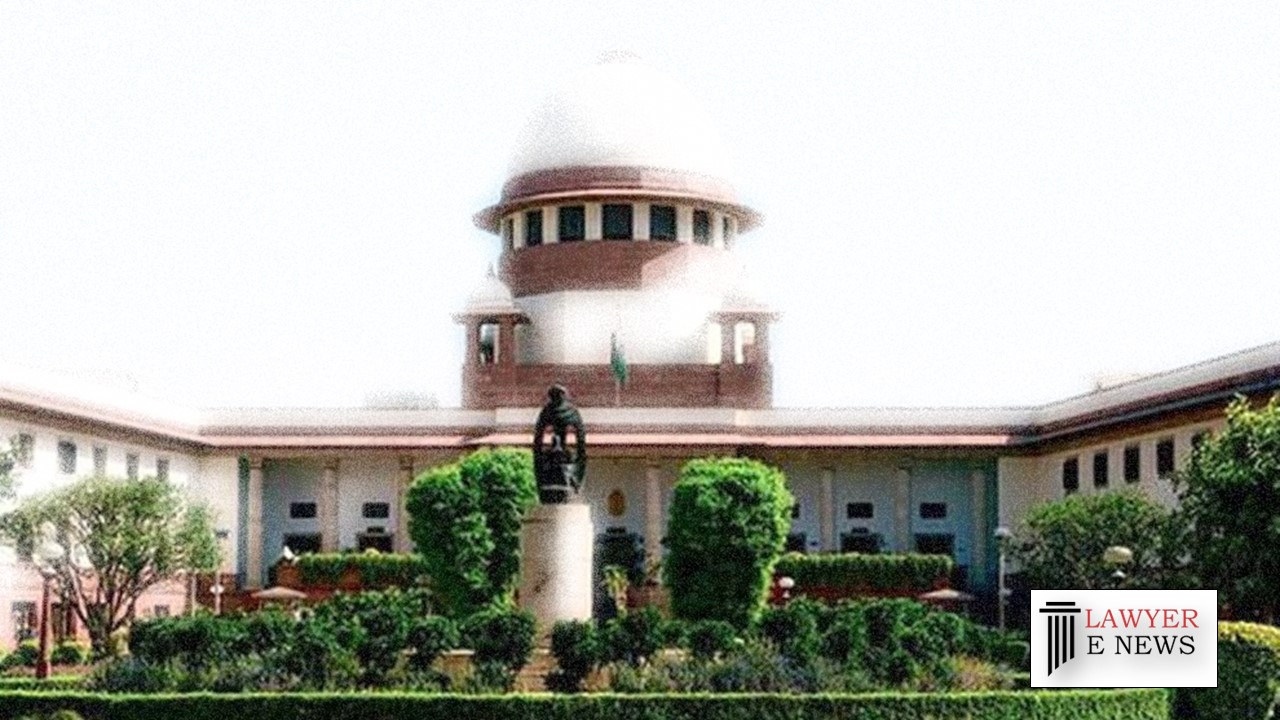-
by sayum
14 February 2026 2:22 PM



In a significant development, the Supreme Court of India has expressed its displeasure over the non-compliance of its earlier order by several District Collectors of Tamil Nadu in the matter concerning the Enforcement Directorate’s (ED) summons under the Prevention of Money Laundering Act, 2002 (PMLA). The Court observed, “Such cavalier approach and disdainful attitude of the District Collectors may land them into a difficult situation.”
The primary legal point in this judgment revolves around the compliance of the judiciary’s orders and the respect for the legal system. The case centers on the refusal of the District Collectors to adhere to the Supreme Court’s direction to appear in response to the summons issued by the Enforcement Directorate.
The Directorate of Enforcement (ED) filed Special Leave Petitions (SLPs) against the judgment of the High Court of Madras. The High Court judgment had omitted the names of certain District Collectors, who were summoned by the ED. The Supreme Court, in a previous order dated 27.02.2024, stayed the operation of this judgment and directed the Collectors to respond to the ED summons. However, the District Collectors filed replies excusing their non-compliance, citing engagement in the upcoming General Elections and the need to collect data from various departments.
Compliance with Court Orders: The Supreme Court criticized the non-appearance of the District Collectors before the ED, stating, “By not following the order, they have created an impression that they do not have respect either for the Court, or for the law, much less for the Constitution of India.”
Review of Collectors’ Conduct: The Court described their conduct as a ‘cavalier approach and disdainful attitude,’ which is strongly deprecated.
Consideration of Election Duties: Acknowledging the upcoming General Elections in Tamil Nadu, the Court nonetheless emphasized the importance of complying with its orders.
Granting of Another Opportunity: In view of the pending General Elections, the Court decided to give the District Collectors one more chance to comply with the summons.
The Supreme Court directed the District Collectors to personally appear before the ED on 25.04.2024 and respond to the summons under Section 50 of the PMLA, regarding the information/data sought. The Court warned that failure to comply would result in a strict view being taken against them. The matter is listed for reporting compliance on 06.05.2024.
Date of Decision: 02-04-2024
Directorate of Enforcement v. The State of Tamil Nadu & Ors.
